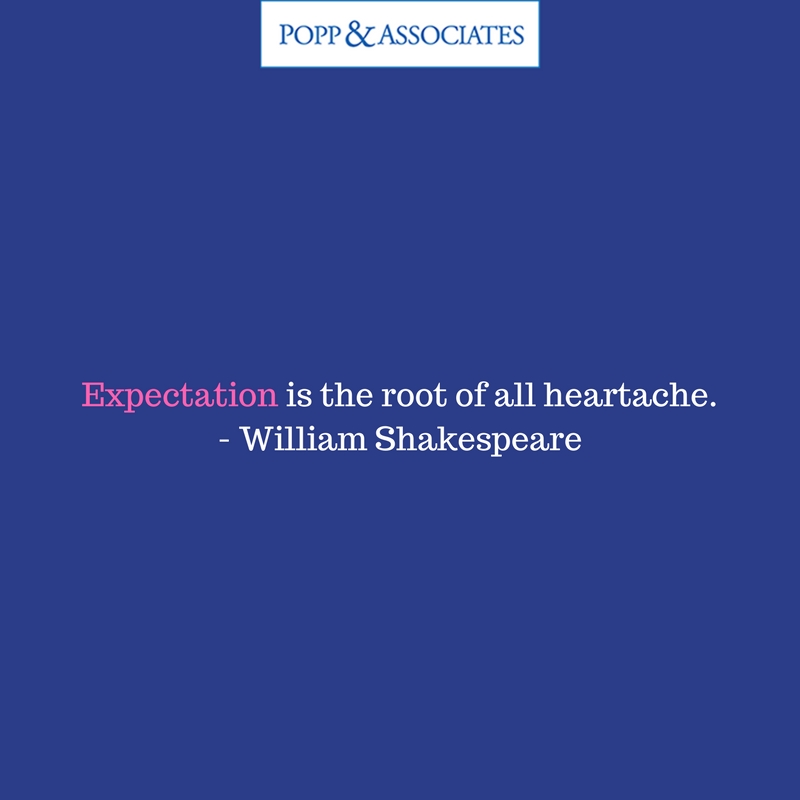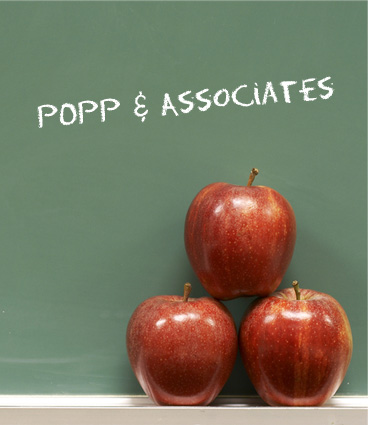The New Year is ripe for declaring resolutions and promises to do better and be better across areas of our lives. We proclaim that this time we will reach our goals, whether they are for earning better grades, scoring higher on the SAT, running a faster mile in spring track, and much more. In the process of declaring these new goals, we are also setting expectations for ourselves and sometimes for others. What happens when our expectations miss the mark? How are we affected by unreasonable expectations that determine our thoughts and actions in our performance in school, extracurricular activities, the college application process, etc.?
January is a time when seniors are wrapping up the college application process and juniors are just beginning. For some 12th graders, the late Fall brought good news- Early Action and Early Decision acceptances . However, others were not as lucky. How students react and how quickly they can move on after a rejection closely relate to their expectations for acceptance. If a student applies Early Decision to a reach school and his/her credentials are not competitive compared to the average admitted student profile, s/he should consider an acceptance to be unlikely and an unexpected bonus if it arrives. This logical and healthy expectation is based on facts that cannot be disputed: a student’s application including a transcript, SAT/ACT test scores (unless a student is not submitting test scores to a test-optional school), the contents of letters of recommendation from a school counselor and teachers, the accomplishments in sports, community service, and extracurricular engagement, etc. and how they compare statistically with the profiles of students who have been previously accepted to that institution. When students and families can’t appropriately assess a student’s admission candidacy for a college, unhealthy expectations for the future of a students’ college application can ensue. Unreasonable expectations invite disappointment and additional stress.
Setting healthy and appropriate expectations at the onset of the college search and application process is critical in order for the process to be most productive and to avoid devastation and the pain that accompanies it when unfortunate application decision news arrives. Student and parent expectations dictate how they will respond to college admission decisions. An accurate understanding of a student’s admission prospects and reasonable expectations pave the way for a smooth and successful application process. Most of the time when I witness clients feeling distraught about an admission decision, their unrealistic expectations are the cause.
Shakespeare said “There is nothing either good or bad, but thinking makes it so.” This statement is applicable to the college application experience and many other situations in life. The way we CHOOSE to view and interpret a situation determines whether we respond positively or negatively when it occurs. Simply changing our expectations can lead to a significant difference, and often for the better, in how we handle challenging news. Whether you are submitting your last applications or just beginning to develop a college list, take a moment to consider your expectations. They can be adjusted at any time, and the more balanced and realistic they are, the more likely it is that you will enjoy a favorable application process regardless of any admission news received.







